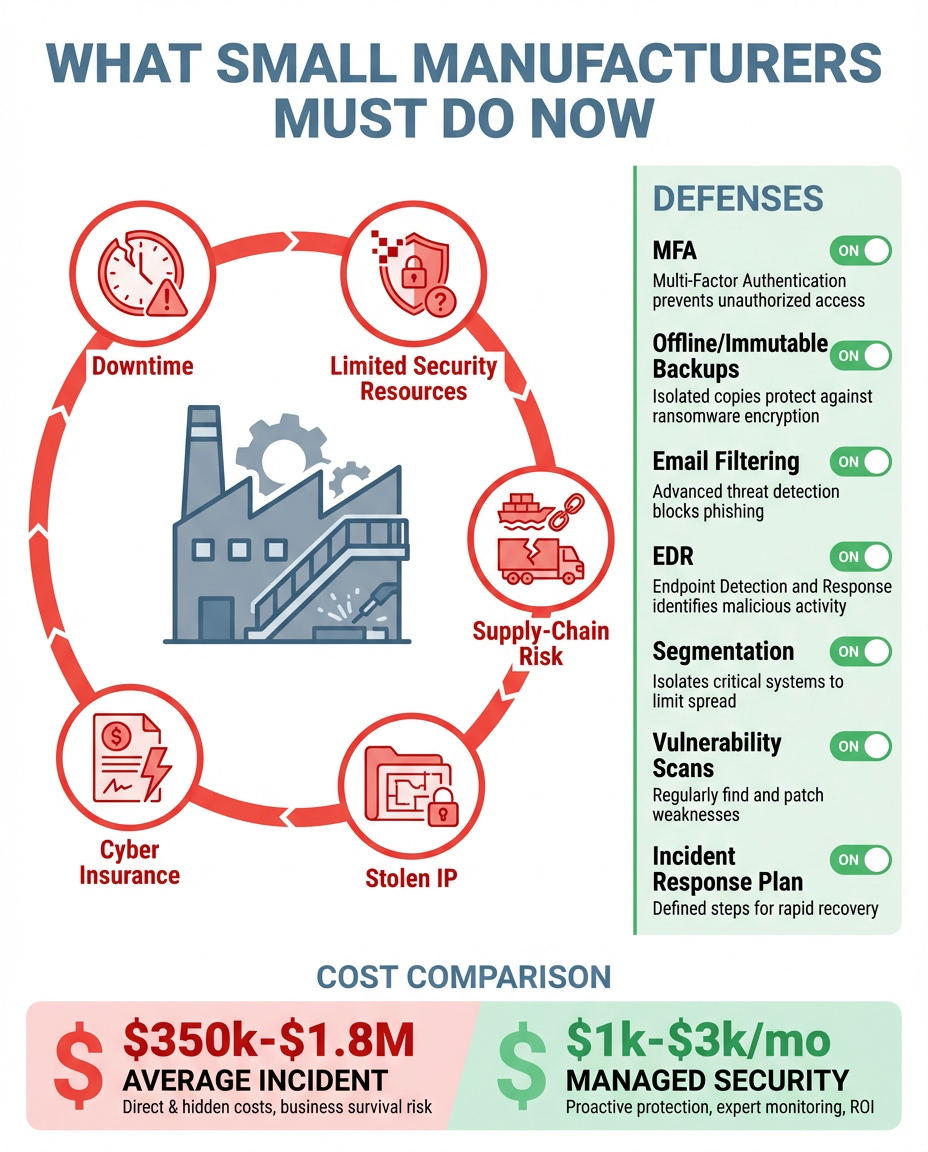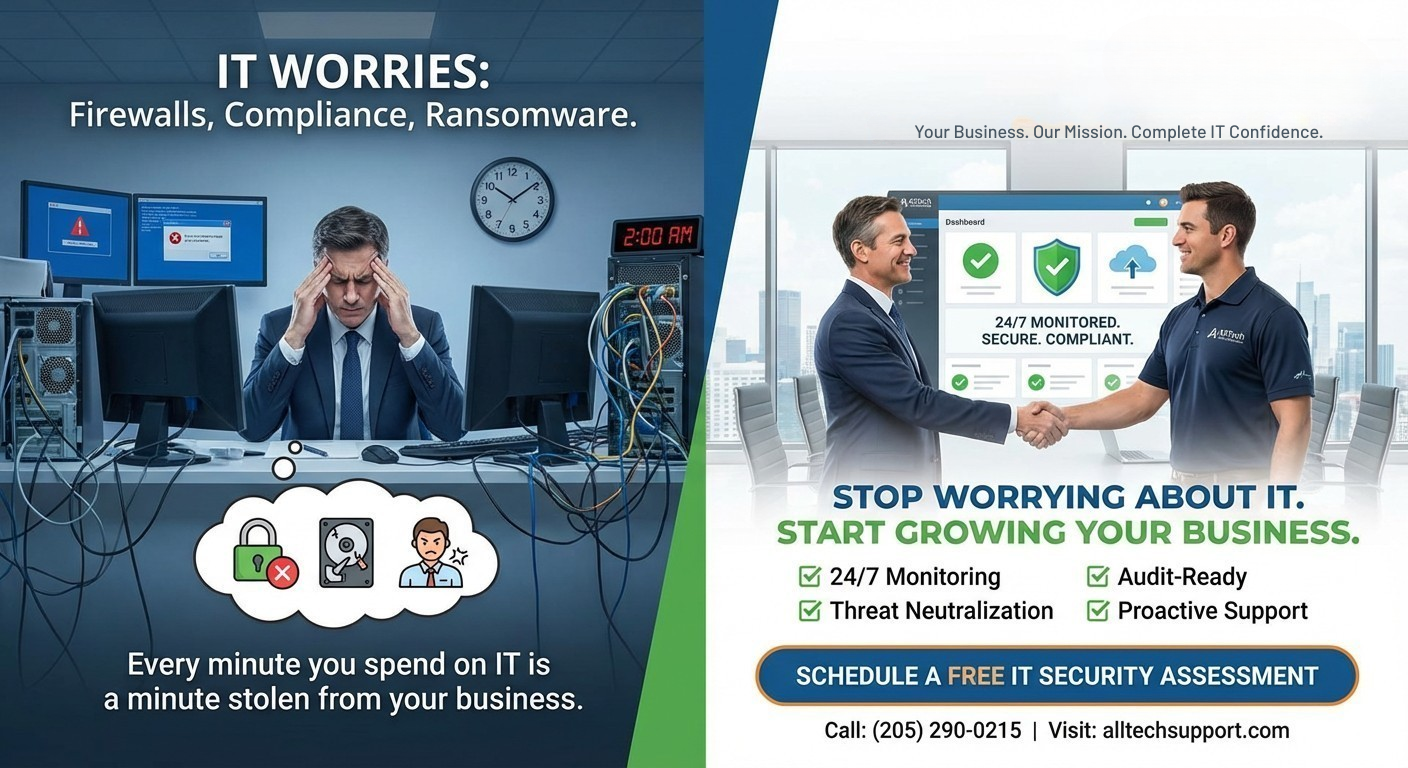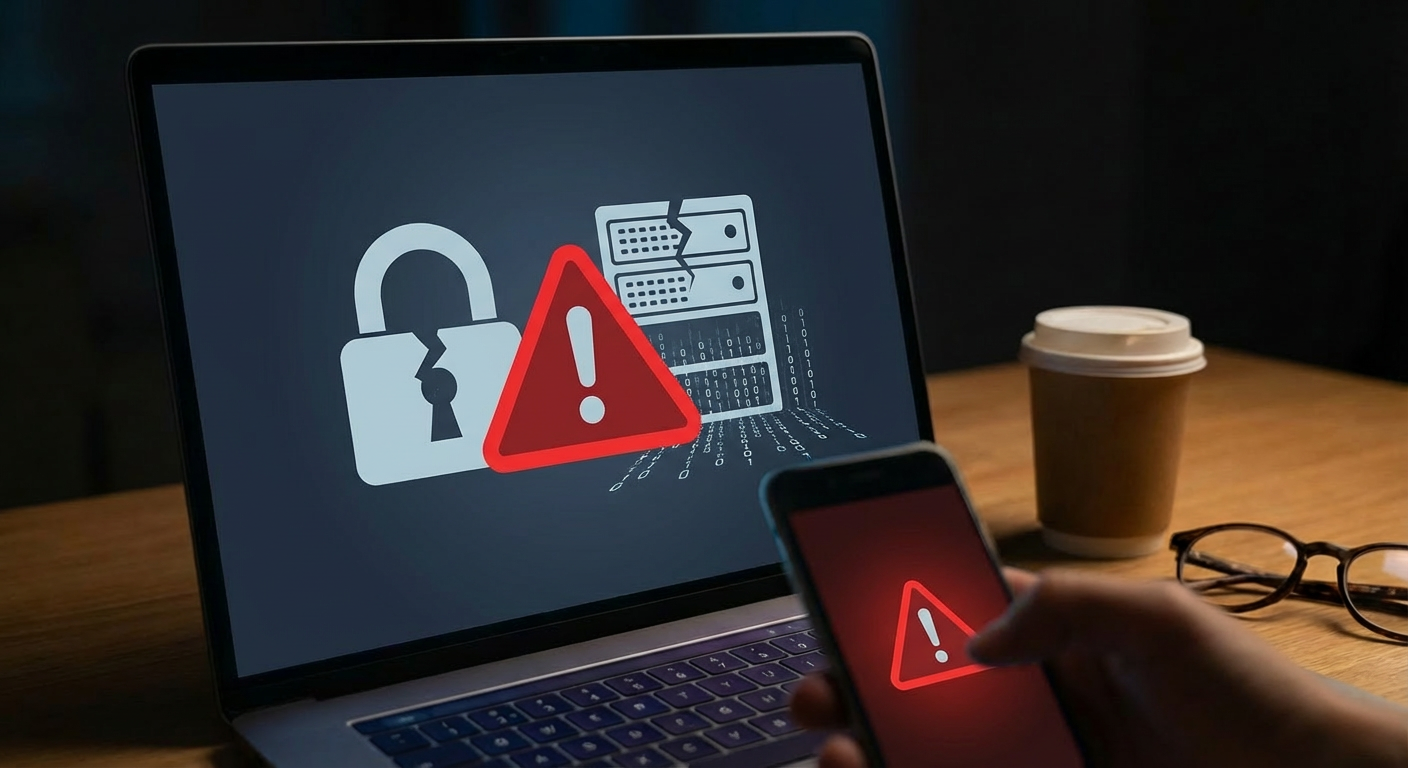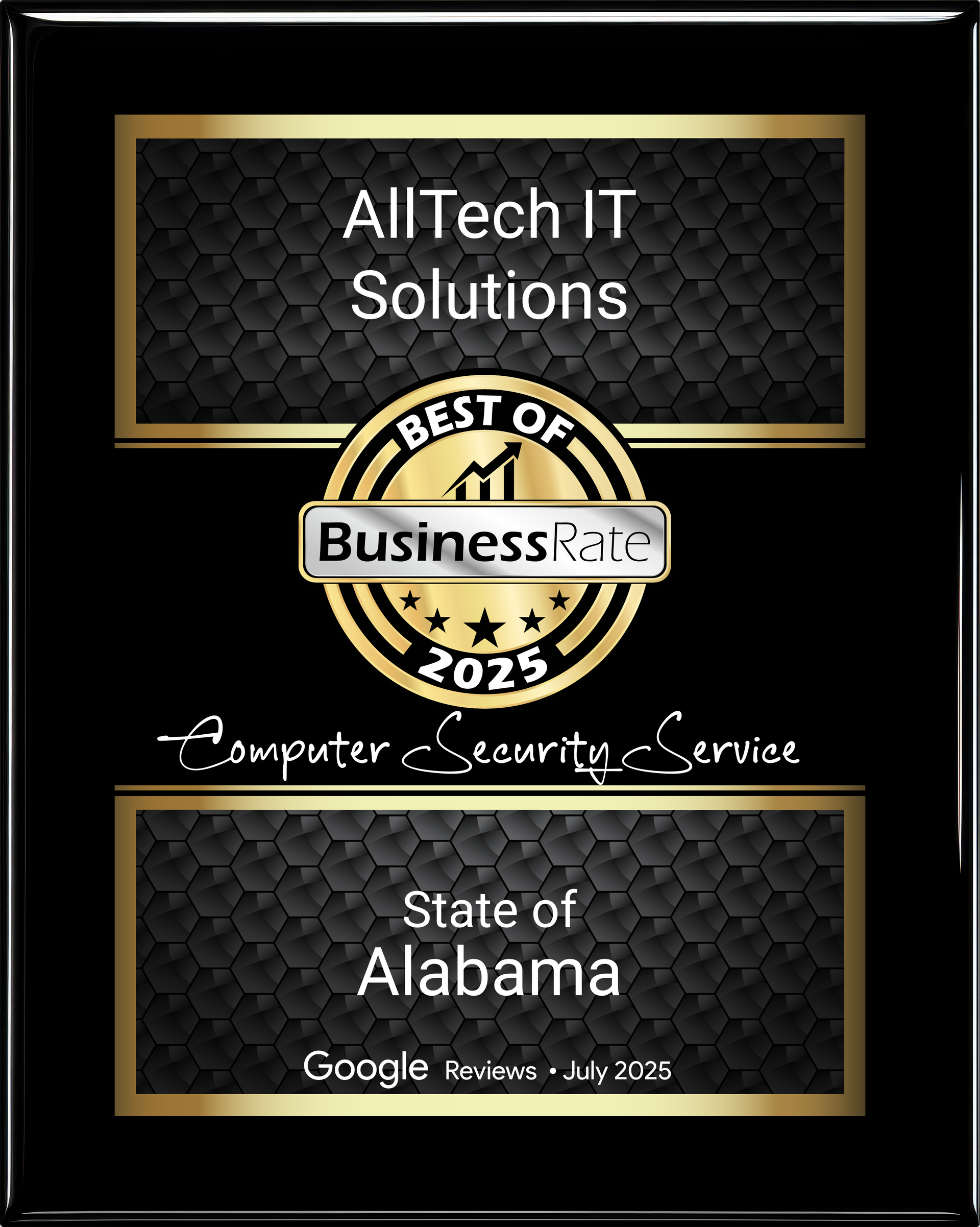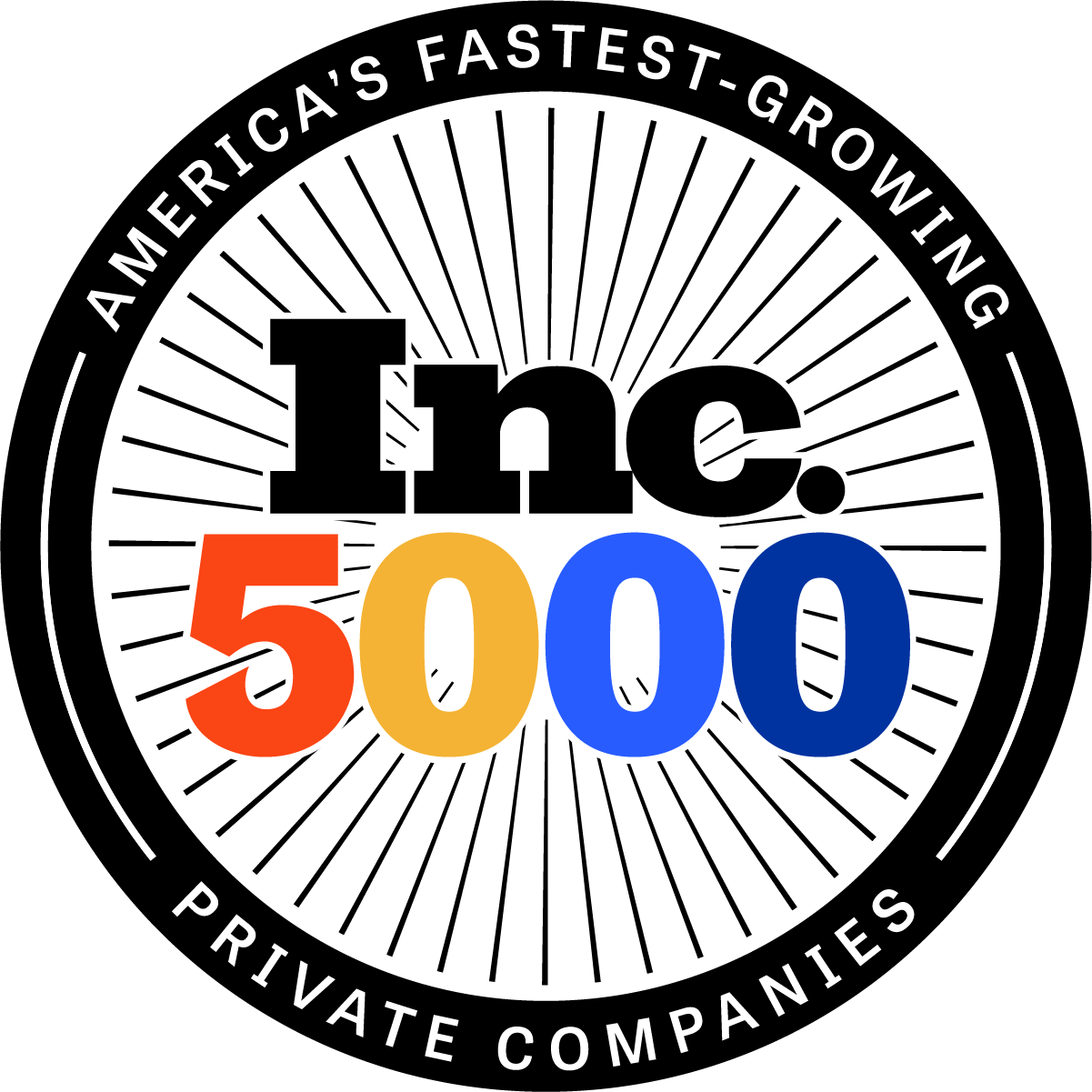Securing Healthcare's Digital Lifeline: How Egnyte Transforms File Management for HIPAA-Compliant Organizations
Securing Healthcare's Digital Lifeline: How Egnyte Transforms File Management for HIPAA-Compliant Organizations
Healthcare organizations face an unprecedented challenge: balancing the need for seamless collaboration with stringent data protection requirements. Recent data from the U.S. Department of Health and Human Services reveals that healthcare data breaches affected over 45 million individuals in 2023 alone, with the average cost of a healthcare data breach reaching $10.93 million—nearly triple the cross-industry average (IBM). For hospitals, clinics, and healthcare networks, traditional file sharing methods present unacceptable risks that can result in devastating financial penalties, operational disruption, and loss of patient trust.
AllTech Secure File Share, powered by Egnyte, delivers a comprehensive solution that addresses these critical challenges. Our platform combines enterprise-grade security, automated compliance monitoring, and intelligent file governance in a unified system designed specifically for healthcare's unique operational requirements. Organizations implementing our solution typically experience a 75% reduction in compliance-related incidents, streamlined audit processes, and enhanced collaboration capabilities that support better patient outcomes.
This white paper examines the specific file management challenges facing healthcare organizations today and demonstrates how AllTech's strategic implementation of Egnyte technology creates a secure, compliant, and efficient foundation for modern healthcare operations.
The Healthcare Data Security Crisis: Why Traditional Approaches Fail
Healthcare organizations generate and manage more sensitive data than any other industry. Patient records, diagnostic images, treatment plans, billing information, and research data flow continuously between departments, external specialists, insurance providers, and patients themselves. This constant exchange of protected health information (PHI) occurs within a regulatory environment where a single compliance violation can trigger penalties exceeding $1.5 million per incident.
The challenge has intensified dramatically in recent years. The 2023 Healthcare Cybersecurity Report published by the Cybersecurity and Infrastructure Security Agency (CISA) identified file sharing and collaboration platforms as the third-leading attack vector in healthcare breaches (CISA). The report specifically highlighted that 67% of healthcare organizations experienced security incidents related to unsecured file sharing practices, with ransomware actors increasingly targeting exposed collaboration systems to encrypt and exfiltrate patient data.
Traditional file sharing approaches simply cannot meet today's healthcare security requirements. Email attachments lack encryption and audit trails. Consumer-grade cloud storage platforms offer no HIPAA compliance controls. Legacy network file shares provide no visibility into external sharing or mobile access. These outdated methods create compliance gaps that expose organizations to regulatory penalties, operational disruption, and reputational damage.
Healthcare executives recognize this challenge. A recent survey by the Healthcare Information and Management Systems Society found that 78% of healthcare IT leaders consider file sharing security their top compliance concern, yet only 32% feel confident in their current solution's ability to prevent data breaches while supporting clinical workflows (HIMSS).
The stakes continue to rise. OCR enforcement actions have increased 40% year-over-year, with file sharing violations representing the fastest-growing category of healthcare compliance penalties. Organizations can no longer treat secure file sharing as an operational convenience—it has become a critical component of enterprise risk management.
The Anatomy of Healthcare File Sharing Challenges
Regulatory Complexity and Enforcement Risk
HIPAA compliance extends far beyond basic data encryption. Healthcare organizations must demonstrate comprehensive administrative, physical, and technical safeguards across every system that processes, stores, or transmits PHI. File sharing platforms must support granular access controls, complete audit trails, and automatic data loss prevention capabilities.
The regulatory landscape has become increasingly complex. Organizations must navigate HIPAA requirements alongside state privacy laws, GDPR provisions for international patients, and specialized regulations for research data. Each framework demands specific technical controls and documentation standards that traditional file sharing platforms cannot support.
Enforcement agencies have also expanded their focus beyond reactive breach investigations. OCR now conducts proactive compliance audits that specifically examine file sharing practices, user access management, and data governance policies. Organizations using non-compliant platforms face automatic violations regardless of whether an actual breach occurred.
Operational Efficiency Versus Security Trade-offs
Healthcare providers require immediate access to patient information to deliver effective care. Diagnostic images must reach specialists within minutes. Treatment plans need real-time updates from multiple care team members. Insurance authorizations require secure document exchange with external providers.
These operational requirements often conflict with security best practices. Clinicians frustrated by complex authentication processes may resort to unsecured workarounds. IT departments implementing restrictive access controls face pushback from medical staff who need rapid file access. Organizations struggle to balance security requirements with the clinical workflow efficiency that directly impacts patient outcomes.
The COVID-19 pandemic accelerated these challenges by forcing rapid adoption of remote collaboration tools. Many healthcare organizations implemented quick-fix solutions that prioritized immediate functionality over long-term security and compliance. These temporary measures have become permanent fixtures in many environments, creating significant compliance gaps and operational risks.
Vendor and Partner Collaboration Requirements
Modern healthcare operates through complex networks of external relationships. Specialist consultations require secure image sharing with remote radiologists. Insurance claims processing demands document exchange with multiple payers. Research collaborations involve data sharing with academic institutions and pharmaceutical partners.
Each external relationship creates potential compliance exposure. Organizations must ensure that every third-party collaboration maintains HIPAA-level security controls, regardless of the partner's technical capabilities or security posture. This requirement often forces healthcare providers to maintain multiple file sharing platforms for different use cases, increasing complexity and reducing operational efficiency.
Patient expectations also drive external sharing requirements. Patients increasingly demand direct access to their medical records, test results, and care plan documentation. Providing this access while maintaining security and compliance requires sophisticated platform capabilities that consumer-grade solutions cannot deliver.
Architecting the Solution: The AllTech Secure File Share Framework
AllTech addresses these challenges through our AllTech Secure File Share platform, powered by Egnyte's healthcare-specific capabilities. Our solution provides a unified framework that eliminates the traditional trade-offs between security, compliance, and operational efficiency.
Comprehensive HIPAA Compliance Architecture
Our platform delivers built-in HIPAA compliance through multiple integrated layers. Automated data classification identifies PHI across all file types and applies appropriate protection policies. Granular access controls ensure users can only access data relevant to their specific role and patient assignments. Complete audit trails capture every file interaction, providing the documentation required for compliance audits and breach investigations.
The system automatically encrypts all data in transit and at rest using FIPS 140-2 validated encryption. Multi-factor authentication protects every access point, while session management ensures appropriate timeout and re-authentication requirements. Geographic access controls prevent unauthorized international access to PHI, addressing both HIPAA requirements and international privacy regulations.
Our compliance framework extends beyond technical controls to include administrative safeguards. Automated policy enforcement ensures consistent application of access rules across all users and departments. Built-in compliance monitoring generates alerts for potential violations before they become reportable incidents. Regular compliance reports provide the documentation needed for internal audits, regulatory reviews, and cyber insurance assessments.
Intelligent Content Governance and Data Loss Prevention
AllTech Secure File Share incorporates advanced content intelligence that automatically identifies, classifies, and protects sensitive healthcare data. The platform recognizes patient identifiers, diagnostic codes, treatment information, and billing data across multiple file formats. This automated classification enables precise application of retention policies, access controls, and sharing restrictions.
Real-time data loss prevention monitors all file activities for potential compliance violations. The system automatically blocks unauthorized external sharing, prevents access from non-compliant devices, and flags suspicious file access patterns. When potential violations occur, automated workflows immediately notify compliance teams and can temporarily restrict user access until the issue is resolved.
Our lifecycle management capabilities ensure appropriate data retention and disposal. Automated retention policies align with healthcare-specific requirements for different data types. Secure deletion processes provide cryptographic proof of data destruction for compliance documentation. These capabilities reduce storage costs while eliminating the compliance risks associated with unnecessary data retention.
Seamless Integration with Healthcare Workflows
The platform integrates directly with existing healthcare IT infrastructure, including Electronic Health Record (EHR) systems, Picture Archiving and Communication Systems (PACS), and practice management platforms. Users can access files directly from familiar applications without complex authentication processes or workflow disruptions.
Mobile access capabilities support the increasingly mobile healthcare workforce. Clinicians can securely access patient files from any device while maintaining full compliance controls. Offline synchronization ensures file availability even in areas with limited connectivity, while automatic synchronization maintains data consistency across all access points.
External collaboration features enable secure file sharing with patients, specialists, and business partners. Branded patient portals provide secure access to medical records and test results. Time-limited sharing links ensure temporary access for specific consultations without creating permanent security exposures. Version control capabilities prevent confusion from outdated documents while maintaining complete change histories.
Advanced Security and Threat Protection
Beyond compliance requirements, our platform incorporates enterprise-grade security controls designed to prevent, detect, and respond to sophisticated cyber threats. Behavioral analytics identify unusual file access patterns that may indicate compromised accounts or insider threats. Ransomware detection automatically identifies and blocks malicious file encryption attempts.
Integration with our broader AllTech Endpoint Pro Suite provides comprehensive threat visibility across all healthcare IT systems. Security alerts from file sharing activities correlate with endpoint and network monitoring data to provide complete attack visibility. This integrated approach enables rapid threat response and forensic investigation capabilities.
Our Security Operations Center provides 24/7 monitoring of file sharing activities, with healthcare-specific threat intelligence and response procedures. Automated threat response capabilities can immediately isolate compromised accounts, prevent lateral movement, and preserve forensic evidence for investigation.
The Tangible Outcomes: Quantifiable Benefits for Healthcare Organizations
Enhanced Compliance Posture and Reduced Risk Exposure
Healthcare organizations implementing AllTech Secure File Share typically experience dramatic improvements in their compliance posture. Automated compliance monitoring reduces manual audit preparation time by an average of 80%. Built-in policy enforcement eliminates common compliance violations before they occur, reducing the average number of compliance incidents by 75%.
The platform's comprehensive audit capabilities streamline regulatory inspections and internal compliance reviews. Automated report generation provides immediate documentation for OCR audits, cyber insurance assessments, and business associate agreement reviews. Organizations report 60% faster audit completion times and significantly improved audit outcomes.
Risk reduction extends beyond compliance violations to include operational resilience. Automated backup and recovery capabilities ensure business continuity during security incidents. Detailed file access logs support forensic investigations and incident response activities. These capabilities have helped our clients avoid an average of $2.3 million in potential breach-related costs per year.
Improved Clinical Workflow Efficiency
Despite enhanced security controls, AllTech Secure File Share actually improves clinical workflow efficiency. Single sign-on integration reduces authentication complexity while maintaining security. Intelligent file synchronization ensures clinicians always access the most current patient information. Mobile access capabilities enable secure file access from any location without VPN complexity.
Collaboration features specifically designed for healthcare workflows reduce communication delays and improve care coordination. Secure patient file sharing eliminates time-consuming manual processes for providing records to patients or external specialists. Automated notification systems ensure care team members receive immediate updates when critical files are modified.
Organizations report average time savings of 30 minutes per clinician per day through streamlined file access and sharing processes. These efficiency gains translate to improved patient satisfaction scores and enhanced clinical outcomes through faster access to critical information.
Strengthened Business Resilience and Competitive Advantage
Implementing comprehensive file security and compliance capabilities creates significant competitive advantages for healthcare organizations. Enhanced data protection builds patient trust and supports reputation management. Streamlined compliance capabilities enable organizations to pursue new business opportunities that require enhanced security certifications.
The platform's business continuity features ensure operational resilience during cyber attacks or natural disasters. Automated backup and recovery capabilities minimize downtime and data loss. Geographic distribution of data storage provides additional protection against regional disruptions.
These resilience capabilities have proven particularly valuable during recent ransomware attacks targeting healthcare organizations. Our clients with AllTech Secure File Share have maintained operational continuity while organizations using traditional file sharing platforms faced extended outages and data recovery challenges.
Your Strategic Next Step: Building Tomorrow's Healthcare IT Foundation
The healthcare industry stands at a critical inflection point. Regulatory requirements continue to expand while cyber threats grow more sophisticated. Organizations that proactively implement comprehensive file security and compliance capabilities will gain sustainable competitive advantages. Those that rely on outdated approaches face increasing risks of regulatory penalties, operational disruption, and reputational damage.
AllTech Secure File Share represents more than a technology upgrade—it provides the foundation for secure, compliant, and efficient healthcare operations in an increasingly digital environment. Our integrated approach addresses current compliance requirements while providing the scalability and flexibility needed to adapt to future regulatory changes and operational requirements.
The implementation process requires strategic planning to ensure seamless integration with existing workflows and systems. Our team works closely with healthcare IT leaders to design deployment strategies that minimize disruption while maximizing security and compliance benefits. Post-implementation support ensures ongoing optimization and adaptation to evolving healthcare requirements.
Healthcare organizations cannot afford to delay action on file security and compliance. Regulatory enforcement continues to intensify while cyber threats specifically targeting healthcare data grow more prevalent. The organizations that act decisively today will establish the secure, compliant, and efficient operational foundations needed to thrive in tomorrow's healthcare landscape.
About AllTech IT Solutions
AllTech is a leading provider of integrated IT management and cybersecurity solutions. We partner with businesses to transform their technology from a liability into a strategic asset, delivering robust security, operational efficiency, and a clear path to compliance. Our expert team leverages best-in-class platforms to build proactive and resilient technology environments.
Take the Next Step
Ready to fortify your defenses and turn your security posture into a competitive advantage? See how AllTech's strategic approach can be tailored to your unique business challenges.
Contact our cybersecurity strategists today for a complimentary security consultation.
Email: Sales@AllTechSupport.com
Phone: 205-290-0215
Web: AllTechSupport.com
Works Cited
CISA. "2023 Healthcare Cybersecurity Report." Cybersecurity and Infrastructure Security Agency, U.S. Department of Homeland Security, 15 Nov. 2023, www.cisa.gov/news-events/news/2023-healthcare-cybersecurity-report.
IBM. "Cost of a Data Breach Report 2023." IBM Security, International Business Machines Corporation, July 2023, www.ibm.com/reports/data-breach.




